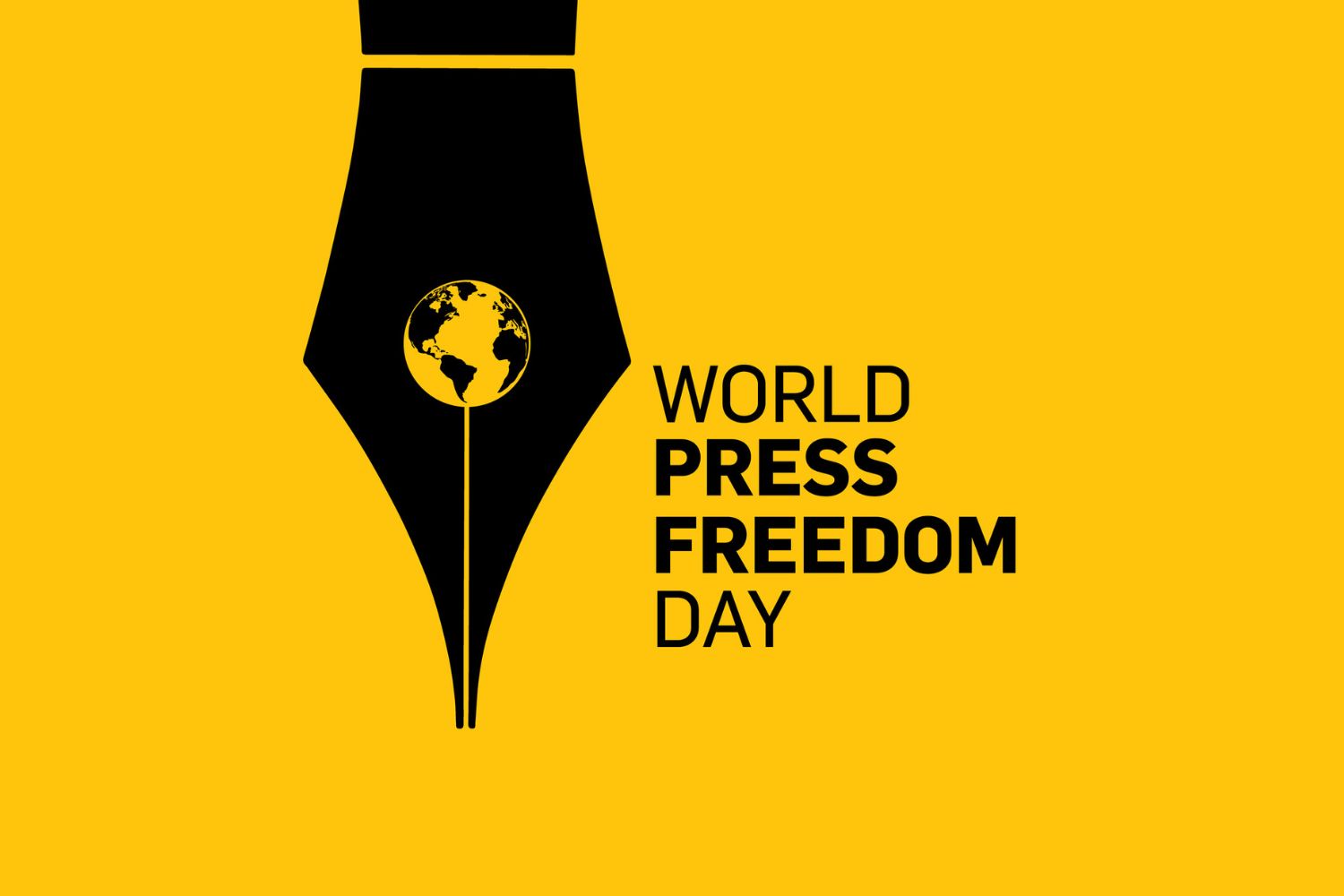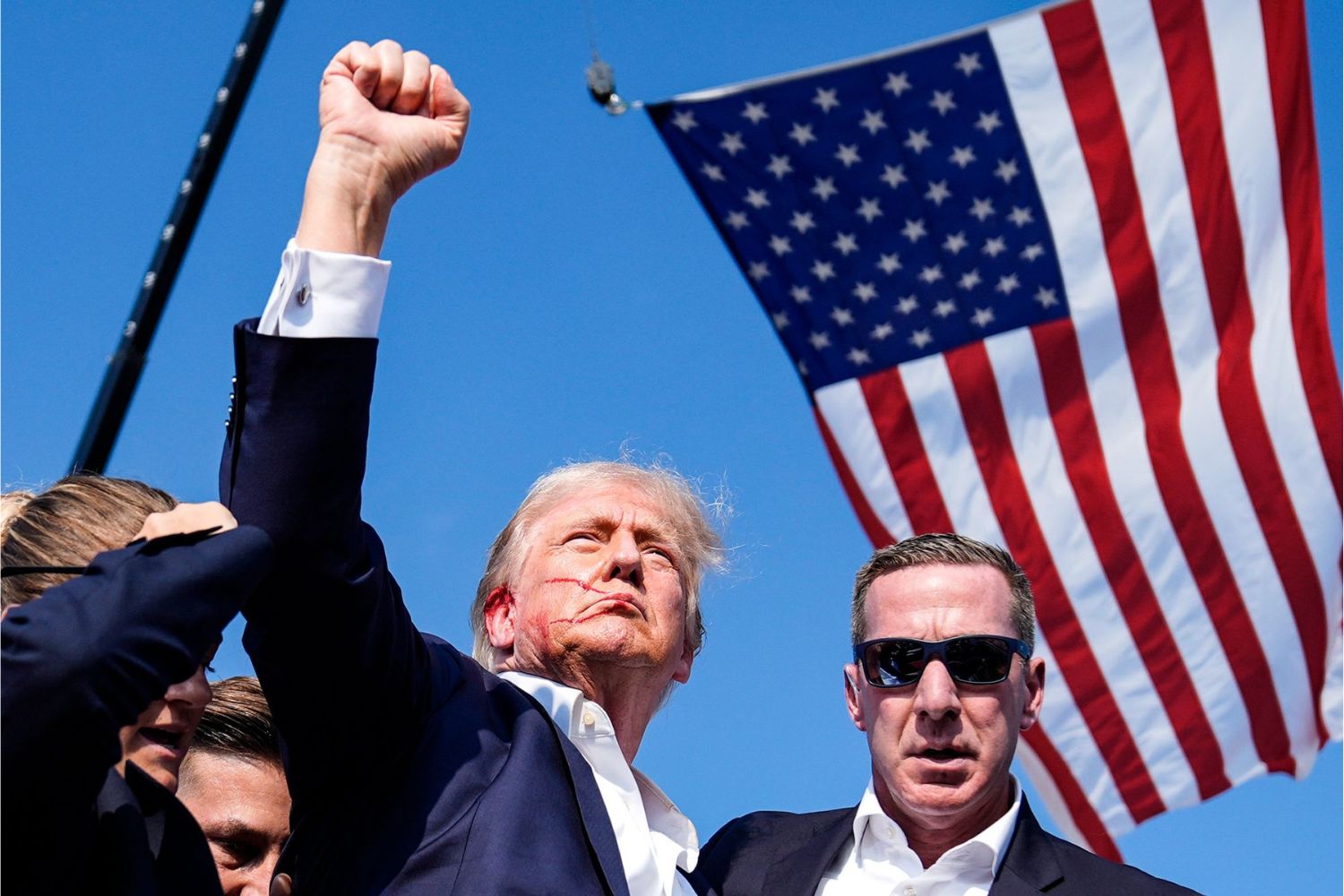India’s membership in both the Quadrilateral Security Dialogue (Quad) and BRICS presents challenges and opportunities as it navigates its foreign policy in a complex geopolitical landscape. As the only country common to both groupings, India occupies a unique position that allows it to leverage its participation in these forums to advance its strategic interests.
The Quad
The Quad is a strategic forum comprising India, the United States (US), Japan and Australia. While not a formal alliance, the Quad has emerged as a key platform for these democracies to collaborate on issues such as maritime security, infrastructure development, and emerging technologies in the Indo-Pacific region. India’s participation in the Quad is driven by its desire to counter China’s growing assertiveness in the region and strengthen ties with like-minded partners. The border clashes between India and China in 2020-21 further reinforced the importance of the Quad for India’s security.
BRICS
BRICS, on the other hand, is an association of major emerging economies – Brazil, Russia, India, China and South Africa. While initially focused on reforming global financial institutions, BRICS has expanded its agenda to include political coordination and economic cooperation among its members. For India, BRICS provides an opportunity to engage with major powers like China and Russia on a more equal footing and push for reforms in global governance. BRICS also serves as a platform for India to showcase its economic potential and attract investments.
India’s Balancing Act
As the only country common to both the Quad and BRICS, India has to carefully balance its participation in these forums to avoid being seen as taking sides in the growing geopolitical rivalry between the US and China. India’s independent foreign policy and its continued engagement with Russia have been criticised by the West. However, India has maintained that it cannot afford to downplay either the Quad or BRICS, as both serve important strategic and economic interests.
India’s membership in both groupings reflects its commitment to a multi-aligned foreign policy that seeks to engage with all major powers and forums. It underscores New Delhi’s growing global influence and its desire to shape the evolving geopolitical order in the Indo-Pacific and beyond.
India’s foreign policy has evolved significantly since gaining independence in 194, reflecting its changing priorities, economic growth and strategic imperatives.
Below is a detailed background on India’s foreign policy, its historical context, key principles and current strategies.
Historical Context
Non-Aligned Movement (NAM)
In the early years post-independence, under Prime Minister Jawaharlal Nehru, India adopted a policy of non-alignment. The Non-Aligned Movement (NAM) aimed to avoid siding with either the Western bloc led by the US or the Eastern bloc led by the Soviet Union during the Cold War. This policy was rooted in the desire to maintain sovereignty and independent decision-making in international affairs.
Panchsheel Principles
India’s foreign policy during this period was also guided by the Panchsheel (Five Principles of Peaceful Coexistence) agreement with China in 1954. These principles included mutual respect for each other’s territorial integrity, non-aggression, non-interference in each other’s internal affairs, equality and mutual benefit, and peaceful coexistence.
Shift Towards Pragmatism
The 1962 Sino-Indian War was a significant turning point, highlighting the limitations of idealistic non-alignment. Subsequently, India began to adopt a more pragmatic approach, balancing relations with major powers while prioritizing its security and economic interests.
Strategic Autonomy
One of the core tenets of India’s foreign policy is strategic autonomy, which emphasises maintaining independence in foreign relations and decision-making. This principle has guided India to engage with multiple global powers without becoming overly dependent on any single country.
ALSO READ: India to launch Narcotics Control Bureau’s toll-free helpline number
With the economic liberalisation in the 1990s under Prime Minister PV Narasimha Rao and Finance Minister Manmohan Singh, economic diplomacy became a cornerstone of India’s foreign policy. The focus shifted to attracting foreign investment, expanding trade and integrating India into the global economy.
India’s foreign policy also emphasises robust defense and security measures. This includes maintaining strong military capabilities, securing its borders, and addressing internal and external security threats. The policy extends to counter-terrorism, nuclear deterrence, and maritime security, especially in the Indian Ocean region.
The Act East Policy, launched in 2014, aims to enhance economic and strategic relations with Southeast Asian countries. This policy builds on the earlier Look East Policy and focuses on improving trade, connectivity and cultural ties with ASEAN nations and beyond. India prioritises its immediate neighbors in South Asia under the Neighborhood First policy. This involves fostering good relations, economic cooperation and regional stability with countries like Nepal, Bhutan, Bangladesh, Sri Lanka, and the Maldives.
India maintains strategic partnerships with major global powers, including the US, Russia, the European Union, and Japan. These relationships are crucial for economic cooperation, defense collaborations, and addressing global challenges like climate change and terrorism. India actively participates in multilateral organizations such as the United Nations, World Trade Organization, BRICS, G20, and the Shanghai Cooperation Organization (SCO).
It seeks to reform global governance institutions to better reflect contemporary realities and the interests of developing countries. In recent years, India’s focus on space exploration and satellite technology has grown, highlighted by successful missions like the Mars Orbiter (Mangalyaan) and the Chandrayaan missions to the moon. This space policy supports both strategic interests and scientific advancement. One of the significant challenges for India’s foreign policy is balancing its relations with competing global powers, particularly the US and China.
Navigating the strategic rivalry between these two nations while maintaining its independent foreign policy stance is a complex task. India faces ongoing regional tensions, particularly with Pakistan and China. Border disputes, cross-border terrorism and geopolitical competition in the Indian Ocean region require careful and sustained diplomatic and strategic efforts.
Balancing domestic developmental needs with foreign policy goals is another challenge. Ensuring that foreign policy initiatives support economic growth, job creation, and technological advancement is essential for India’s overall development. India’s foreign policy is characterized by its strategic autonomy, economic diplomacy and commitment to regional and global stability. As India continues to grow in economic and strategic stature, its foreign policy will likely evolve to address new challenges and opportunities in the dynamic global landscape.
ALSO READ: Prime Minister Modi discusses India’s trade imbalance with Russia













